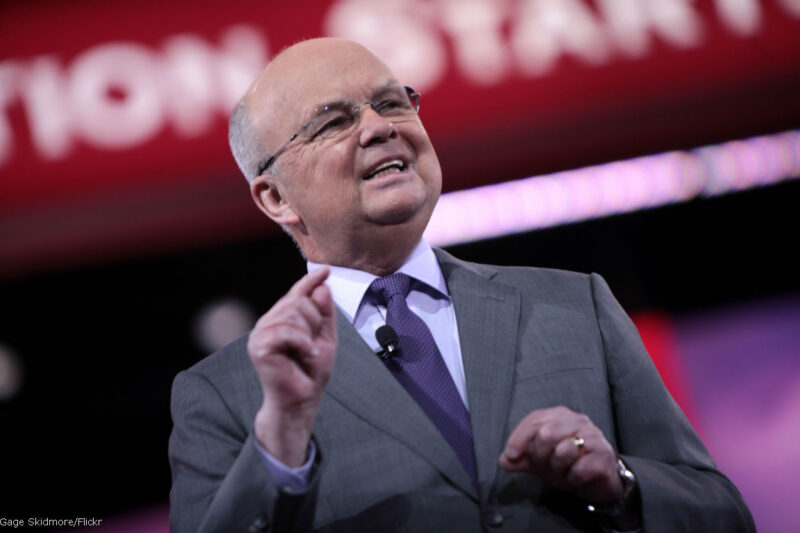
This book review originally appeared at .
, by Michael V. Hayden, Penguin Press, 464 pages, $30
Though he's been out of government for more than seven years, it feels like Michael Hayden never left. He directed the National Security Agency for a six-year stretch, helming it during President George W. Bush's post-9/11 warrantless wiretapping program and spearheading its efforts to expand offensive uses of hacking and cyberwarfare. He ran the CIA for the three twilight years of the Bush administration, vocally and assuredly defending its past uses of torture as both effective and moral, and accelerating its use of drones to kill suspected terrorists in Pakistan. We are still arguing about all of these things today, and Hayden is still arguing about them with us. He is one of the most consequential actors of the National Security Era, and he has spent the bulk of his time since falling out of de jure power loudly and unflinchingly trying to tell us the things we need to know about the things we probably shouldn't.
That is his brand, of course. Hayden is a man who has seen things. He knows what is necessary to protect us, and he's not afraid to do itÔÇöindeed, he has done it. He communicates this brand not just with his words but also with his style, which is "candid" and "unapologetic" (in his telling), supremely confident, both folksy and military-clipped, practical, a bit squeaky. He is the closest thing we have to a real-life Colonel Nathan Jessup (Jack Nicholson's character in "A Few Good Men")ÔÇöand he'd be the first to remind you that he's got Jessup outranked.
"Playing to the Edge" is Hayden's grand statement, the case for himself as a mover and shaker, a humble but aggressive visionary, a team player, an honorable man, and, most of all, right about everything. If we disagree with him, it's only because we don't know what he knowsÔÇöand this is a problem. He's concerned, he says, that "critics, observers, and just average citizens don't know as much about intelligence as they want or should." (Intelligence, in this context, means just about everything the NSA and CIA do.) If the public misunderstands what intelligence does, we might not want intelligence to keep doing it. He wants to show us that we should.
To continue reading, please click .

